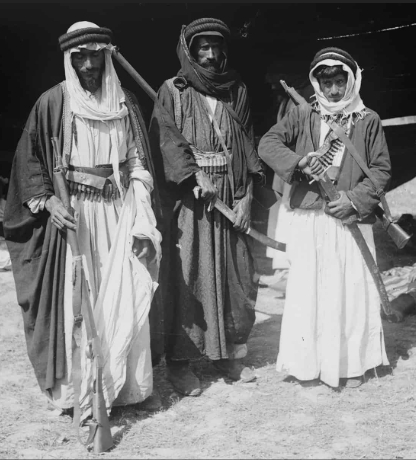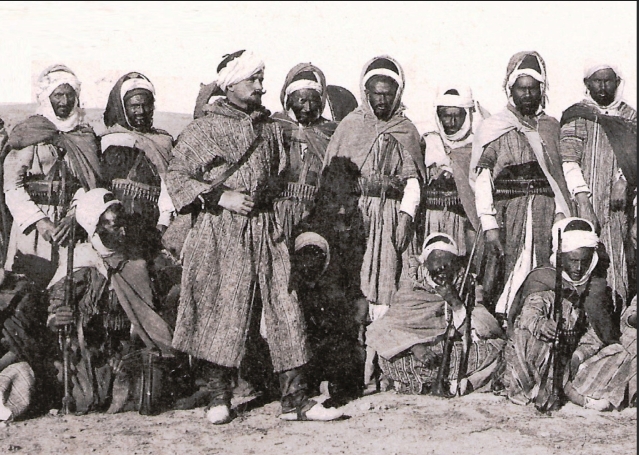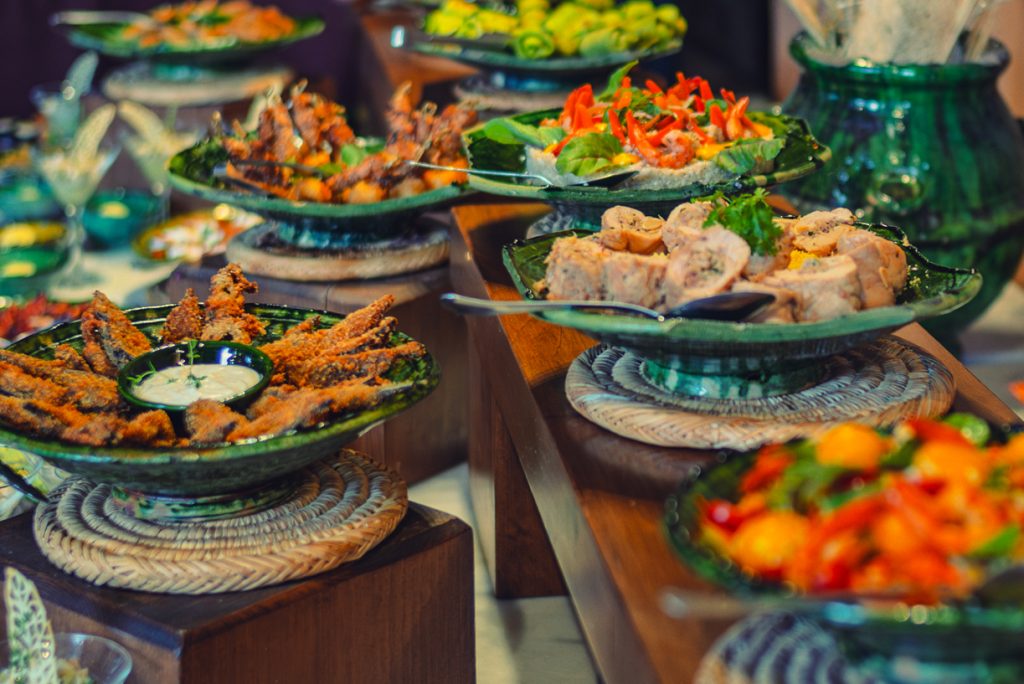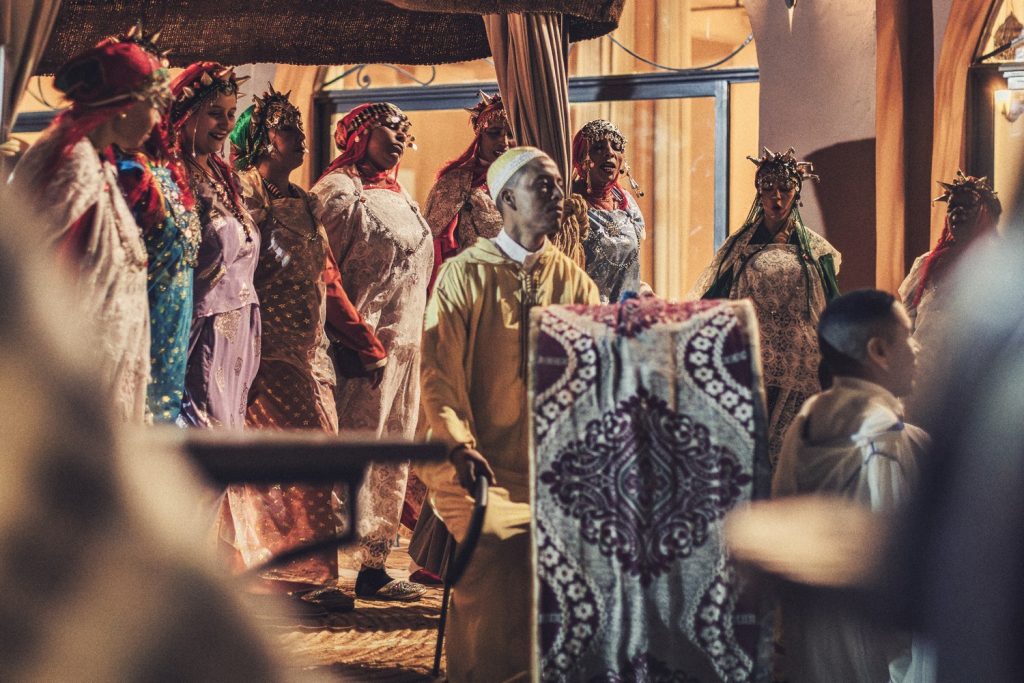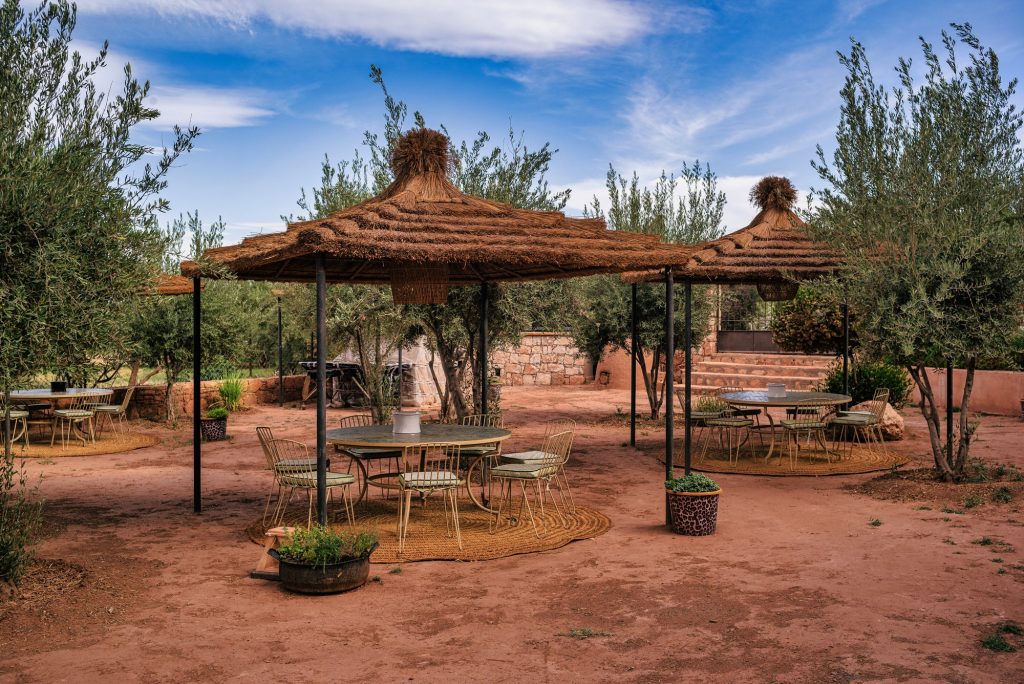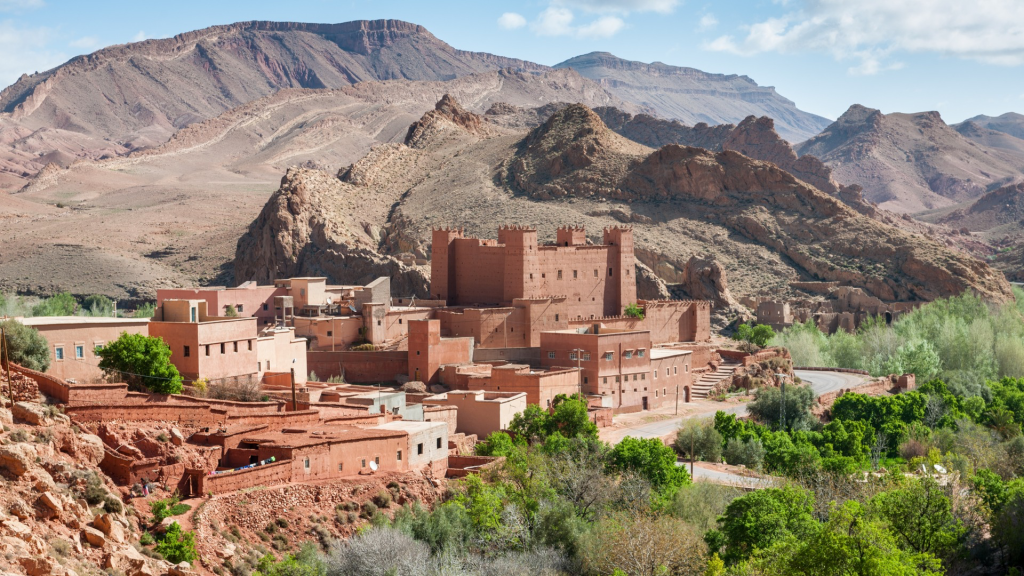From 1912 onwards, many local tribes revolted against the French and Spanish protectorates in Morocco. From the short-lived Emirate of Moulay Ahmed el Hiba to Abdelkrim's Republic of the Rif, resistance was organised throughout Morocco to challenge foreign domination.
From the Anti-Atlas to the Rif, from el-Hiba in the south to the figure of Abdelkrim in the north, the sultans opposed colonisation.
At the heart of the Sous rebelle
On 30 March 1912, the Treaty of Fez was signed by the Alawite sultan Moulay Abdelhafid. Morocco came under French protectorate. The signing of the treaty was far from unanimous, given the diversity of the local populations, and led to a number of disturbances. In the Sous region of southern Morocco, a certain Moulay Ahmed el Hiba mobilised several local tribes to resist the French authorities. Supported by many local caïds, Moulay Ahmed el Hiba had himself proclaimed sultan in the town of Tiznit. The new Sultan of Sous called the various tribes to the jihad to resist the French authorities' stranglehold on the economy. The religious dimension is fundamental. "Moroccan society at the time was deeply religious and the colonial intrusion was experienced as a cataclysm. When el-Hiba mobilised eschatological beliefs, many believers went along with it. They perceived an imbalance of power, an intrusion by Christians who were taking power over a society that had been governed by Muslim authority for centuries."
After the capture of Marrakech in September 1912, the Hiba movement was forced to retreat in the face of French repression led by Marshal Lyautey. In 1916, Moulay Ahmed el Hiba took refuge in a small village in the Anti-Atlas, in Kerdous. He died in 1919, probably of Spanish flu. His brother, Merebbi Rebbo, succeeded him after his election by the majority of the tribes. His policy was the same: to keep the torch of resistance alight without advancing into the plains.
The Rif and the Spanish army
The resistance of the Moroccan tribes also spread to the Rif, a region in the north of the country under Spanish protectorate.
The movement's leader, Abdelkrim el-Khattabi, came from a family of notables moderately hostile to the Spanish presence. "His father is a cadi, a Muslim judge, and he understood very well what he could gain from Spain. He sent his sons to Melilla, a small Spanish prefecture in the north of Morocco, while another was sent to Madrid to study engineering." There, the el-Khattabi brothers familiarised themselves with Spanish culture. "Abdelkrim saw Spain as an opportunity for Moroccans to enter the modern world. He was in turn appointed cadi and taught Arabic and Berber to Spanish officers. He also contributed to a small local newspaper in Melilla. At the very beginning, there was nothing to suggest that Abdelkrim would be the Spaniards' irreconcilable enemy.
In July 1921, Abdelkrim made a name for himself at the Battle of Anoual, which routed the Spanish army. A few months later, he proclaimed the Republic of the Rif. More organised than the resistance in the south, the Rif tribes usually employed guerrilla tactics. Abdelkrim and his supporters used modern weaponry to push the Spanish army back from the mountains. In 1925, the Rif war took on an international dimension. A Franco-Spanish coalition, led by Philippe Pétain, was tasked with suppressing the Rif resistance. Faced with bombers and chemical gas, Abdelkrim capitulated and went into exile on Reunion Island.
Defeat and Moroccan memory
The Hibist movement was finally crushed in 1934. With the rise of Nazi Germany in the 1930s, France wanted to pacify southern Morocco so that its troops could be sent to the German border. In the space of a month, the Sous region was pacified. Merebbi Rebbo, the last figure of the resistance in the south, surrendered to the Spanish authorities and went into exile in the Spanish Sahara. In the Moroccan national narrative, the resistance of Moulay Ahmed el Hiba and Abdelkrim is pushed to the farthest reaches of memory.
It was the Alawite sultans - Mohammed V and Hassan II - who won the war against European colonialism. "Moroccan power asserts the supremacy of monarchic authority over any other figure in history."
